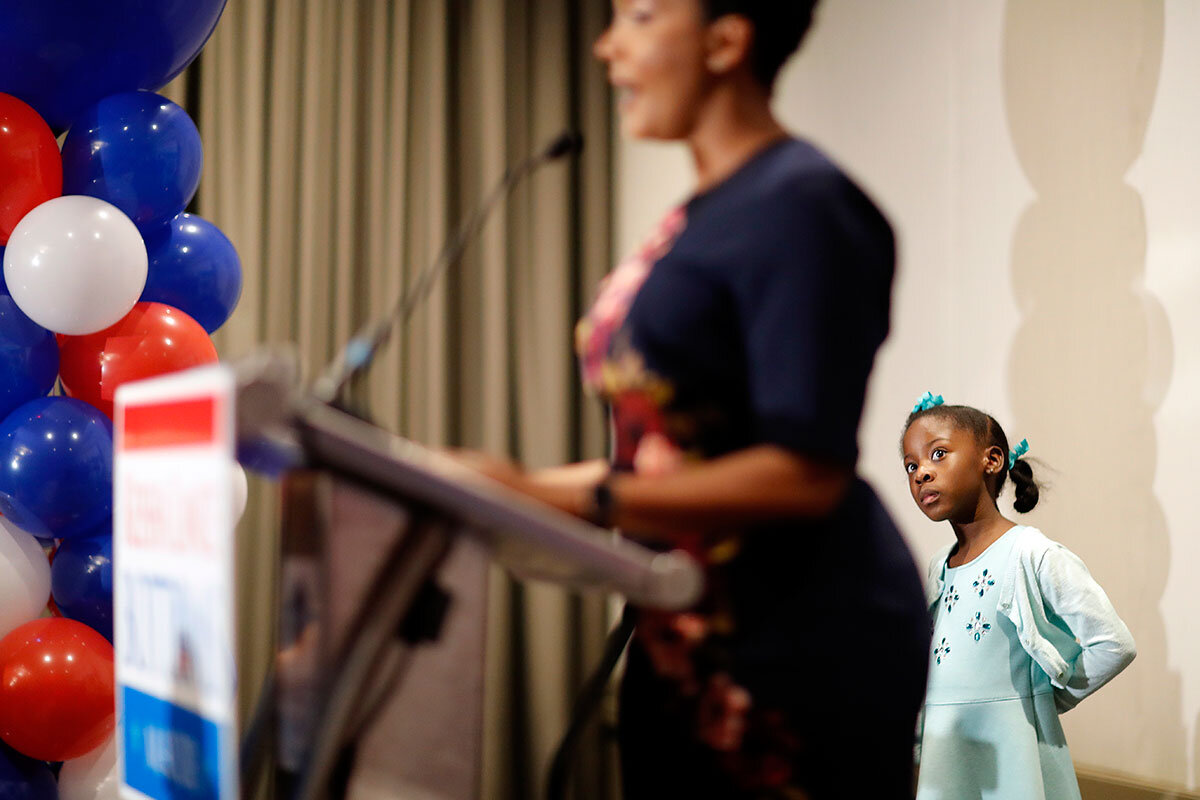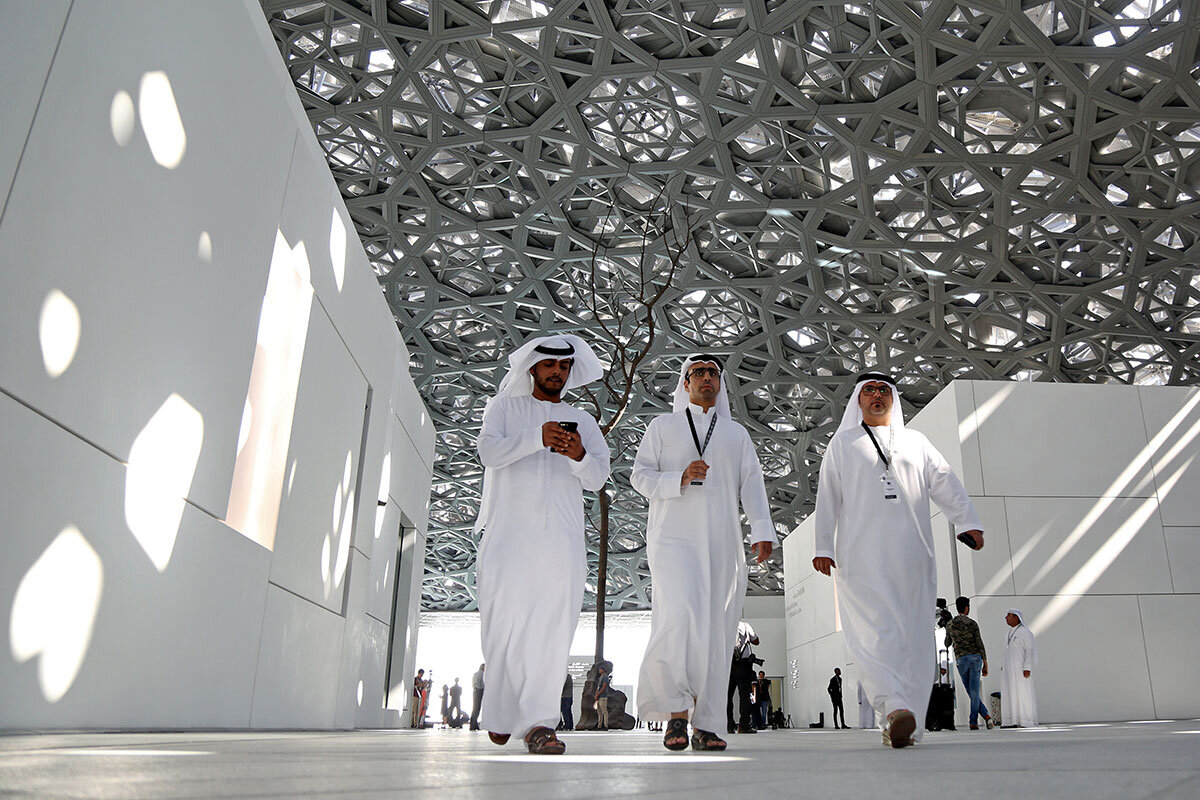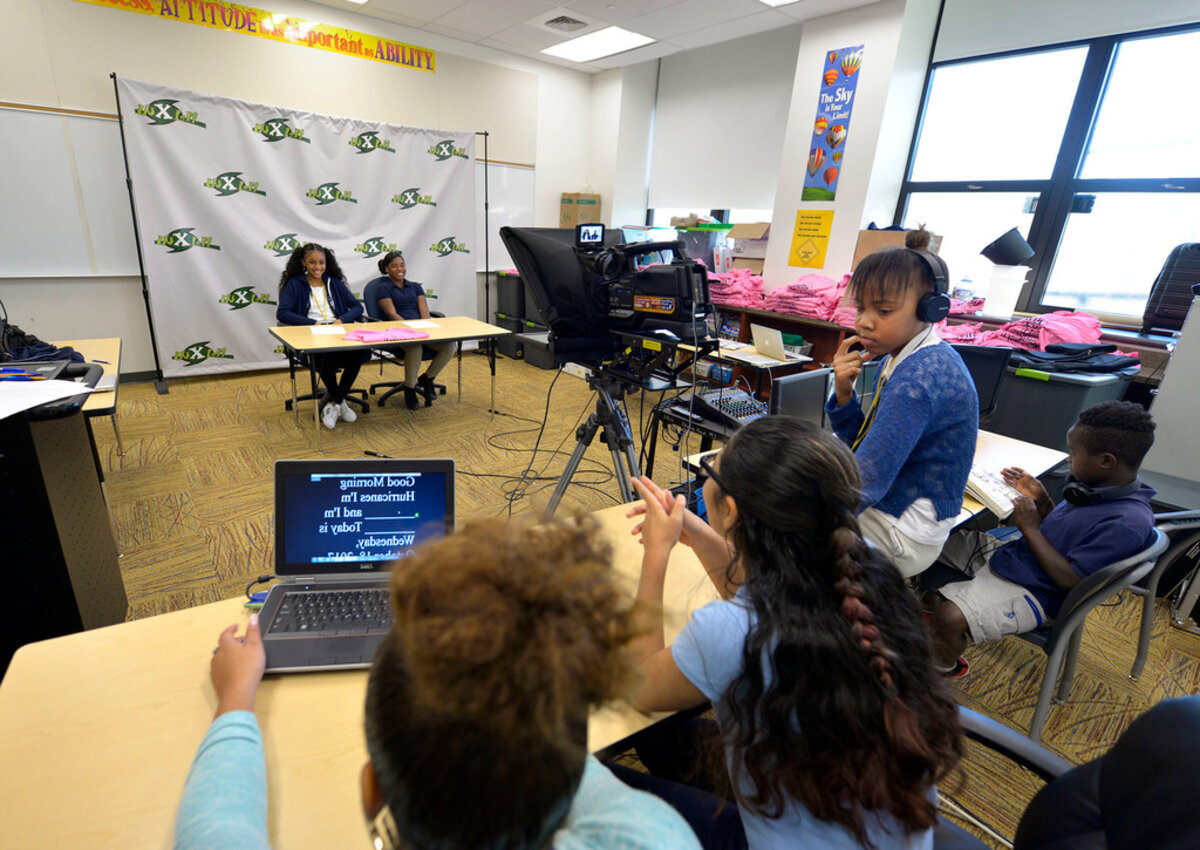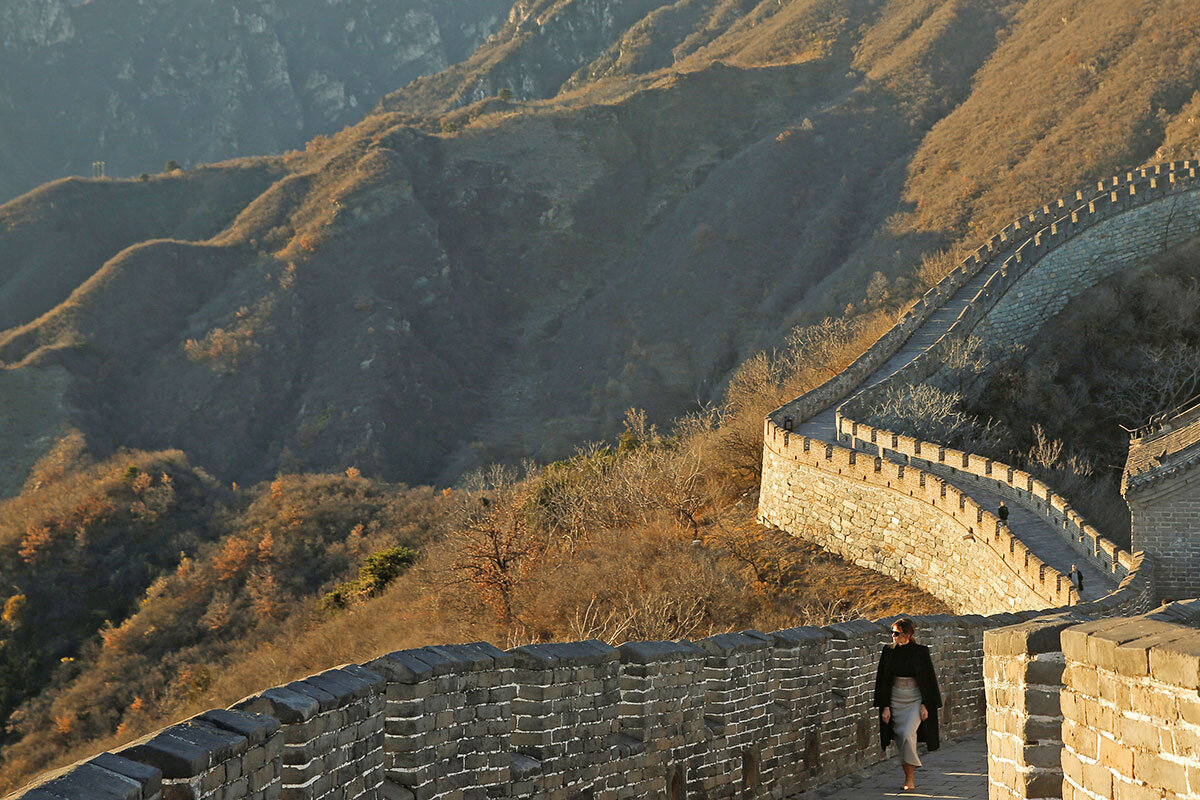Virginia delivered a high-profile political surprise in its gubernatorial race. Separately, it turned up evidence of a great national stirring – one led by women candidates in races at all levels.
Monitor Daily Podcast
- Follow us:
- Apple Podcasts
- Spotify
- RSS Feed
- Download
 Clayton Collins
Clayton Collins
Never mind Big Data. A little basic database management could go a long way toward guiding the decisionmaking that serves the common good.
The well-being of veterans hasn’t received much attention lately in the garish carousel of the news cycle. But here’s some promising news for this Veterans Day weekend. A pair of senators – one from each party – introduced legislation Thursday that would compel the Department of Veterans Affairs (VA) to keep track of problem medical providers that victimize vets and then skip out, crossing state lines and setting up shop again.
That came in response to a major investigation by USAToday that revealed “mistakes and misdeeds” by VA staff on that front.
A database needs more than building. It also needs vigorous use. That became clear after the US Air Force was found to have failed to report the Sutherland Springs, Texas, shooter to a list meant to keep those convicted on domestic violence charges from buying guns.
Other examples keep surfacing. One report this week revealed that a third of doctors in Massachusetts are not checking a state database on opioid abusers before they prescribe opioids for them, as required by law. The worthy aim of that database: to keep drugs out of the hands of people who go “doctor shopping” to gain access.
In areas from sea ice to sexual offenses, patterns of numbers tell stories worth hearing. Are we listening?
Now to our five stories for your Friday, intended to highlight new possibilities, deeper understanding, and cultural bridge-building.










